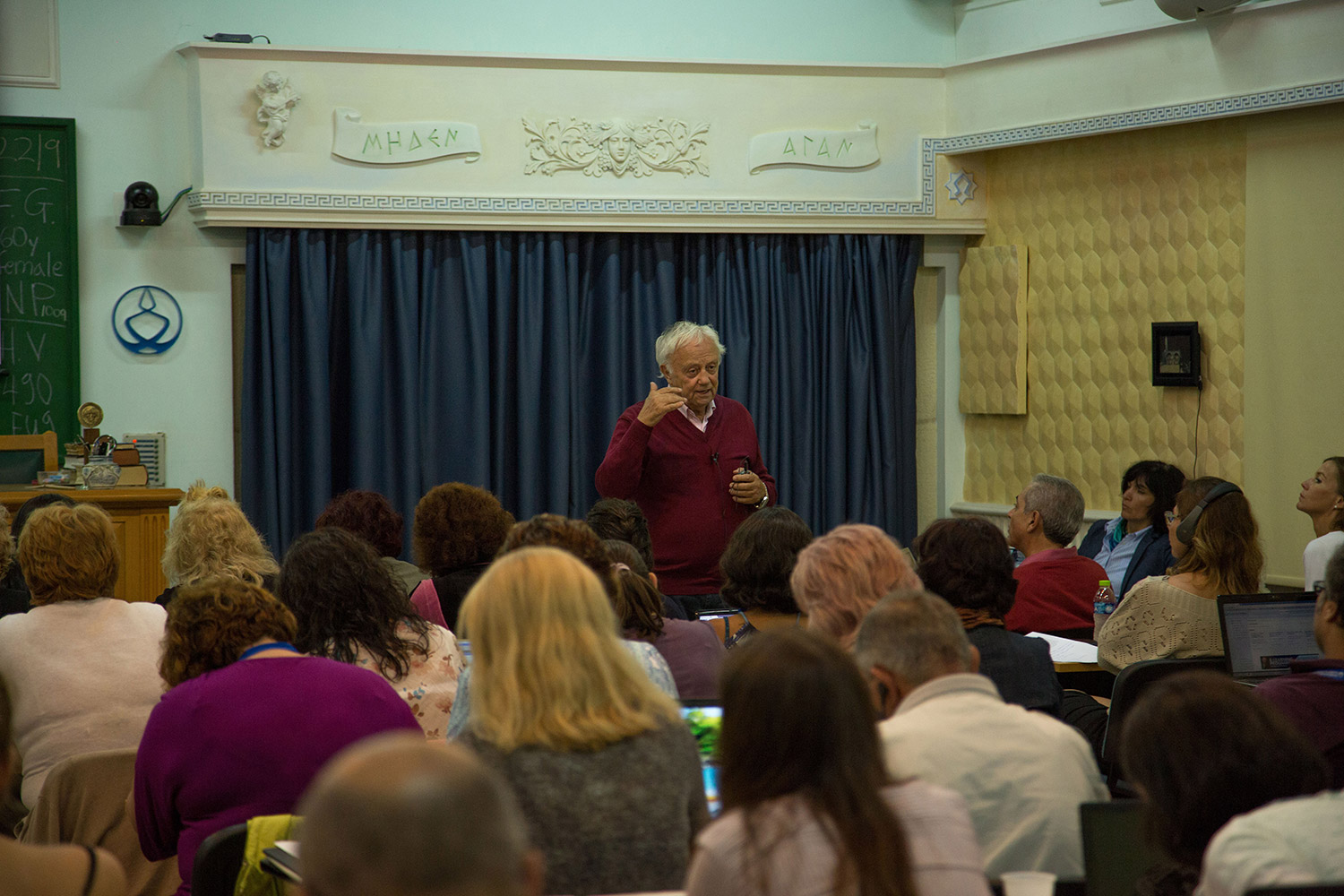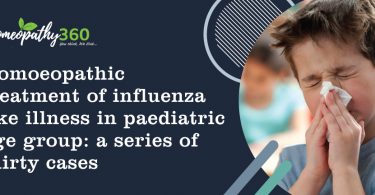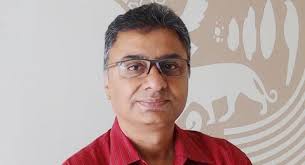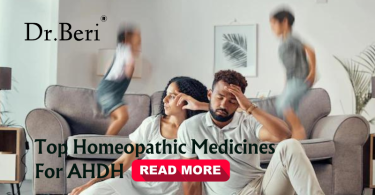GUIDELINES CONCERNING RESEARCH IN HOMEOPATHY
By Prof. George Vithoulkas
I do believe that you all agree that research in Homeopathy is not only necessary but also very urgent.
It is a fact that several good research papers have been published so far but still there is a cry for more and more papers.
It seems that either something is missing in that research which could become the turning point, or on the other hand, the allopathic profession is sitting back waiting for us to provide “conclusive answers” but without being willing to give us any attention or credit unless we fit their own models.
The fact that there has been only one body of authority concerning health matters, that of the allopathic profession, is in my opinion the greatest draw-back to any degree of acceptance of matters that present a totally different view, a different model or another dimension in medicine from the already existing one, namely the model that aims to discover a given medicine for a given disease.
Under such conditions, I feel very pessimistic as to the possible effect and acceptance of any research that is based on a different model.
I think that research, which is of interest to us, should be carried out at the moment on two different fronts:
I. Research that aims at proving the action (therapeutic or not) of homeopathic highly potentised remedies
and
II. Research, which aims at improving the already existing knowledge in Homeopathy.
I believe the ESSEN group is interested primarily if not exclusively in the first group and herefore I shall try to limit my proposals and my ideas only to this group.
Such research should take place on two main fronts:
A. On living organisms.
B. On fields of energy.
On the living organisms we may have research on four main levels:
- On the cell level
- On the organ level
- On the animal level
- On human
It is my strong opinion anyhow that before tangible results can be obtained a basic knowledge of the principles of Homeopathy is necessary for those involved in such research.
A good idea under the present circumstances is, I think, to fit our research models to the existing ones that are already carried in different research laboratories and for which standardization has been reached. Of course only if in such laboratories are willing to find out what may be the effect of highly potentised homeopathic remedies.
As some gross examples I would suggest:
1. On cell cultures we may poison the cells with an extra ordinary amount of a mineral that is given ordinarily in order to keep the cells alive and once they are poisoned to a certain degree we may try to antidote this effect by giving the same substance in high potency.
Another experiment could be to try and do a proving on the cells by giving a high dilution every day for a long period of time and observe the differences. I believe that nobody so far has ever tried this very simple experiment.
2. On organ level we can induce bradychardia by substantial doses of digitalis into an in vitro heart (standardised model) and then give digitalis in high potency to see if we can bring back the normal rhythm versus the control.
3. On animals we can treat serious diseases like morva in dogs (usually fatal) to see the rate of survival and compare results with allopathic treatment.
Also we may try to see if in animals that have become drug addicts by long periods of injecting into their system a substance like morphine, we can antidote with high potencies of the same drug or with a series of different high potencies.
Another experiment in which I believe we can show results with high potencies is in stress situations in animals (as in the case of over-population) where different homeopathic remedies could be given to antidote the stress.
Another experiment could be to induce a state similar to rheumatoid arthritis with BCG and treat these subjects with the indicated remedies checking against allopathic treatment with butazolidin and the control.
Again in this group we could have an interesting experiment in proving a high potency like the 30th by giving it several times a day for a very long period and trying to see in the end if there are any anatomical changes.
Anyhow, I shall be willing to discuss in detail more such possibilities with concerned scientists.
But my personal opinion is that we can have the greatest impact if we are able to show that the highly potentised remedy may have better results in:
4. Human diseases
In order to do this we must use, unfortunately, the allopathic model of double-blind studies. But I believe that some modifications could be acceptable for them if they are really willing to listen.
I feel that the greatest drawback here is the unwillingness of the medical profession to cooperate in order to find out.
For instance, we could single out cases where we have bradychardia, in hospitals where a lot of cases of infectious hepatitis are seen, a not unusual phenomenon in such cases, and treat hem with high dilutions of digitalis.
Of course the model of treating the cases individually, which is the best for us, is still far away from being accepted in orthodox medicine, but we could apply it in desperate cases where no allopathic treatment is indicated (end stages of diseases).
Another group we could treat individually is cholocystitis or infectious mononucleosis where usually no curative treatment is applied by the allopathic profession, and compare results with control groups.
Treating pains in advanced cancer cases is another group where homeopathy could show dramatic results. Some students of mine could go to such hospitals and do a pilot study to see if it is worth continuing with a more extensive experiment.
The allopathic model of double-blind experiments could be applied also in occupational diseases, where the disease-causing agent is known. We could potentise this substance and try to see if the organism is then able to excrete a larger quantity of this substance.
I would be more than willing to discuss in detail such experiments with concerned scientists or research centres.
In the fields of energy area I have no special knowledge neither do I know of any kind of on-going research to which we could fit an experiment but I think that the most interesting area for homeopathy at this moment is the one in Physics that deals with “small clusters” which could hold answers to the explanation of homeopathic potentised remedies.
In the area of the fields of energy, I think we must establish some contact with Russian scientists who we hear are perhaps more advanced than us in the west.
As a final conclusion of this very short paper I would suggest that there should be a regular meeting of a team in order to exchange ideas in research and report current results on ongoing research.
In this respect, I have already sent a proposal inviting such a group to Alonissos and I undertake to cover the expenses of accommodation myself and to find one or two pharmaceutical companies that could cover the rest of the expenses.






